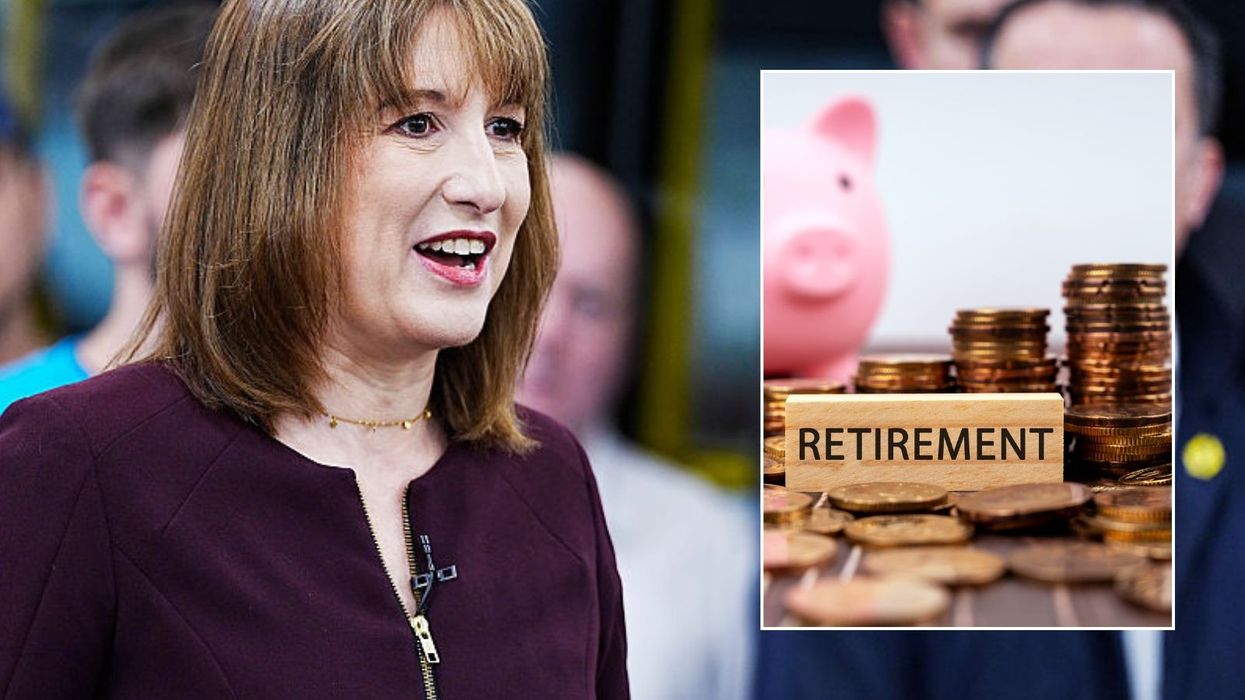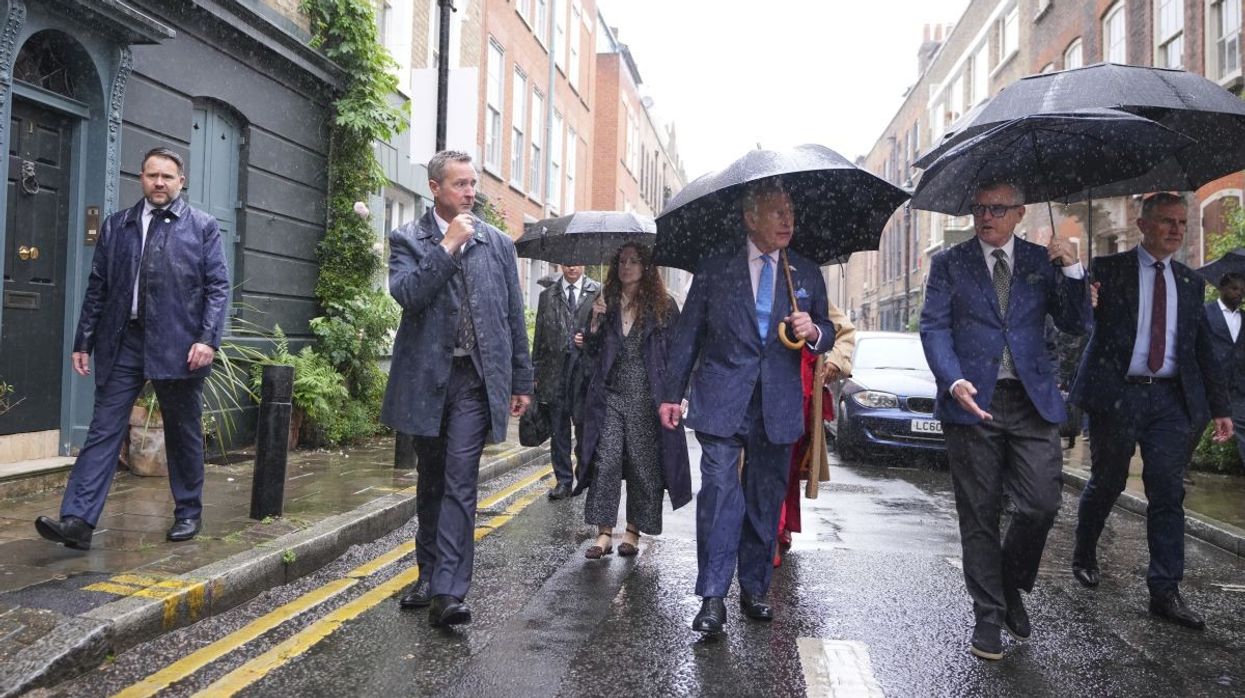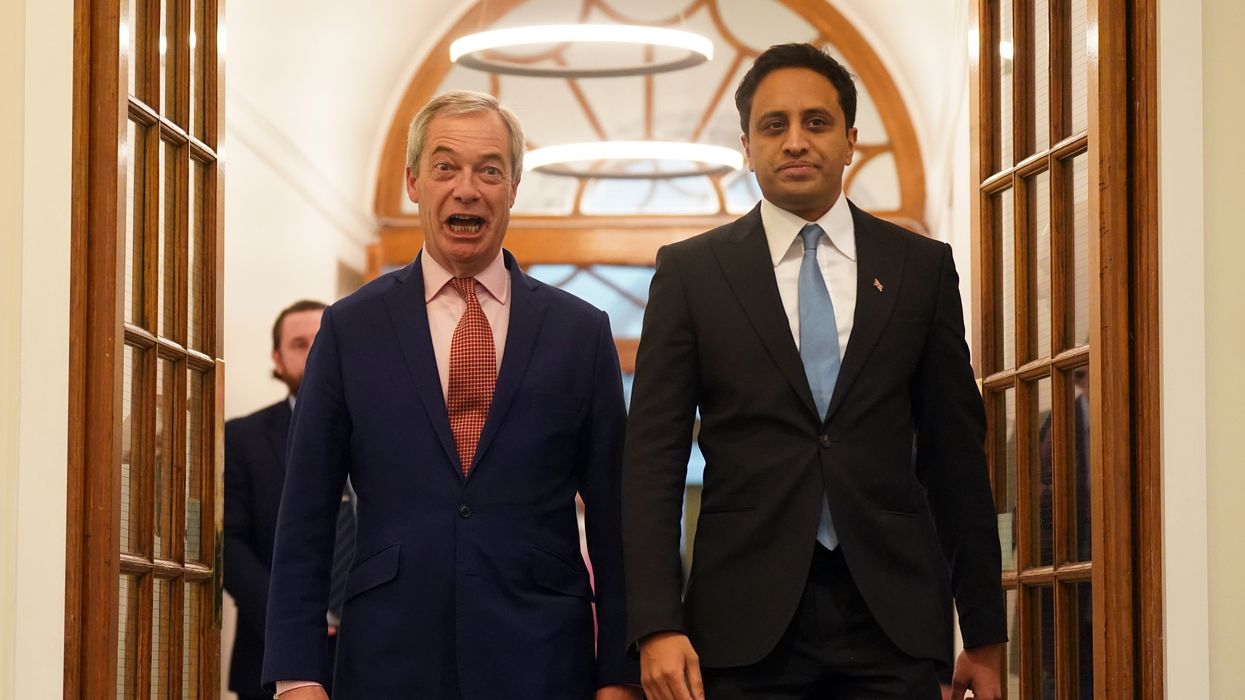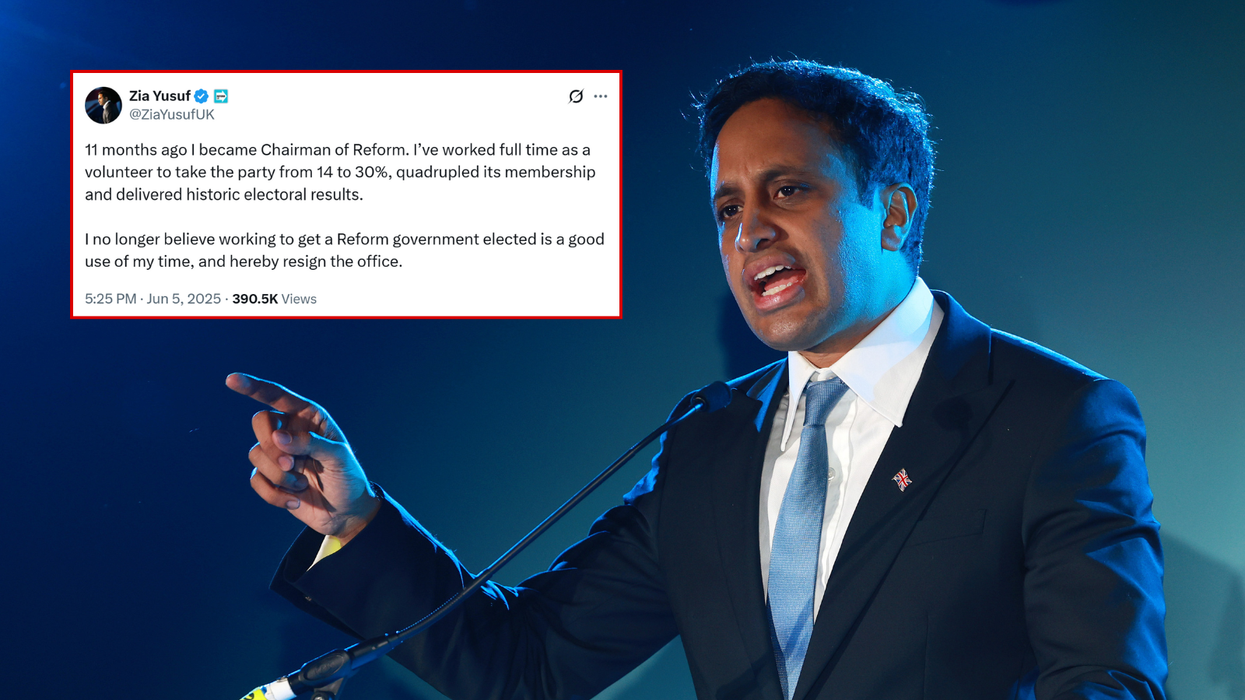'In short what we need is a UK labour market strategy which links longer term supply of skills with demand'
Don't Miss
Most Read
Latest
Being the Immigration Minister is rightly described as one of the most challenging jobs in politics, an area where if you are on the front page of the newspapers it’s a sign something’s gone wrong.
This is because most work done on immigration is behind the scenes and if done well stops something becoming a story.
A musician with a criminal record was blocked from entering the UK, which is a reminder this type of action is taken every day involving foreigners with criminal records.
Yet one area always guaranteed to get attention is the net migration figures.
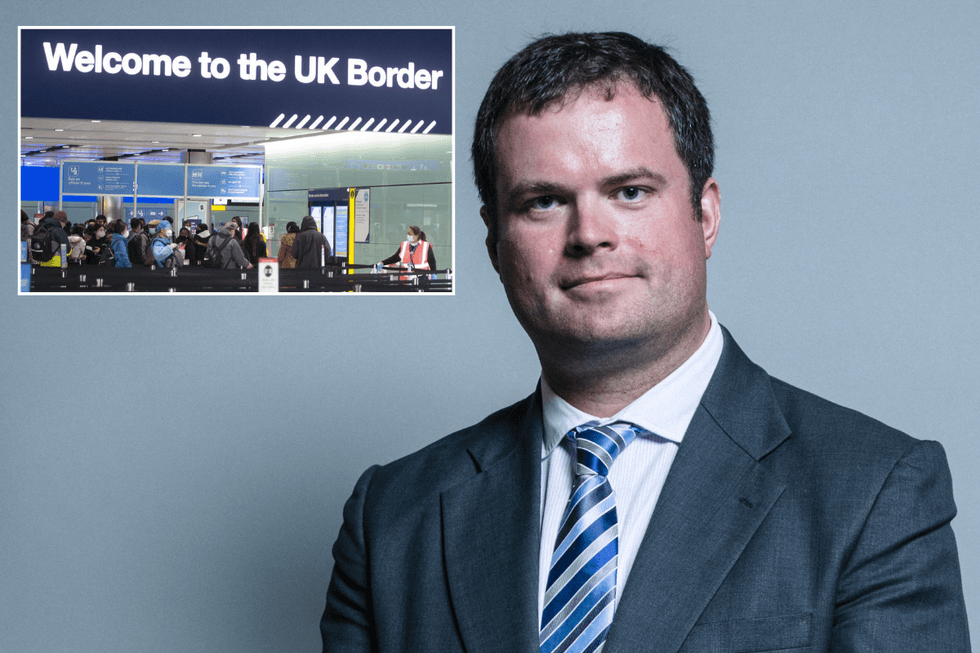
Former Immigration Minister Kevin Foster outlined what the UK needs to do to reduce net migration
UK Parliament/PA
When in the EU the number arriving under free movement rules were always underestimated, as shown by the millions who applied to the EU Settlement Scheme.
Had the modern visa system been in place, requiring EU citizens to apply, it is likely the net migration numbers of the past would have been higher. Now there is no hiding the entire figure.
Reducing net migration will not just be about changing rules on dependents or updating salary thresholds, but a change in mindset about how we think about our labour market.
It’s too often the case that for every shortage there’s a demand for a visa. Too few HGV drivers? Call for a visa. Need a butcher? Call for a visa. Short on bar staff? Call for a visa.
These calls are usually championed by parts of the media (not GB News) who don’t bother to ask about worker’s terms and conditions or a lack of investment in training which might be driving the shortage.
Instead, the narrative is to try and make out it's somehow a compliment to a group of workers to give their employers a route to lower wage recruitment and the Home Office should do so immediately.
Ignoring issues like poor terms and conditions or lack of investment in training, plus housing costs, often means the visa, if created, fails. Take HGV drivers as an example.
LATEST DEVELOPMENTS:

Immigration has been a key issue for many British voters
PA
There was a massive shortage across the developed world of truck drivers, including in the EU, yet many in the haulage industry were telling anyone who would listen a visa would magically deliver thousands of drivers. It did not.
What delivered new HGV drivers were the changes Grant Shapps pushed in terms of domestic labour market reform.
Making more driving tests available, reforming inflexible rules (whilst not compromising safety) and requiring the industry to deal with long-standing issues which were pushing drivers out, such as poor working practices, uncompetitive pay, having to pay for expensive training and a near total absence of women from the workplace.
The same is needed in how we think about the wider UK labour market.
No more giving acres of coverage to an employer’s demands for a new visa, without challenging questions about why people in the UK are not doing the job.
No more viewing the Home Office as the first port of call for recruitment issues, rather than the Job Centre.
No more going to the Immigration Minister, whilst ignoring the Employment Minister.
In short what we need is a UK labour market strategy which links longer term supply of skills with demand.
It properly balances the benefits to an employer of access to overseas labour markets, with the impact on public services of migration.
It rebuts the lazy assumption migration is a “guaranteed” benefit every time.
Then we need to stand firm when every lobby group who is looking for an alternative to offering better packages or investing in training comes calling.
That is how we will ensure the immigration numbers reflect the British people’s wishes.










